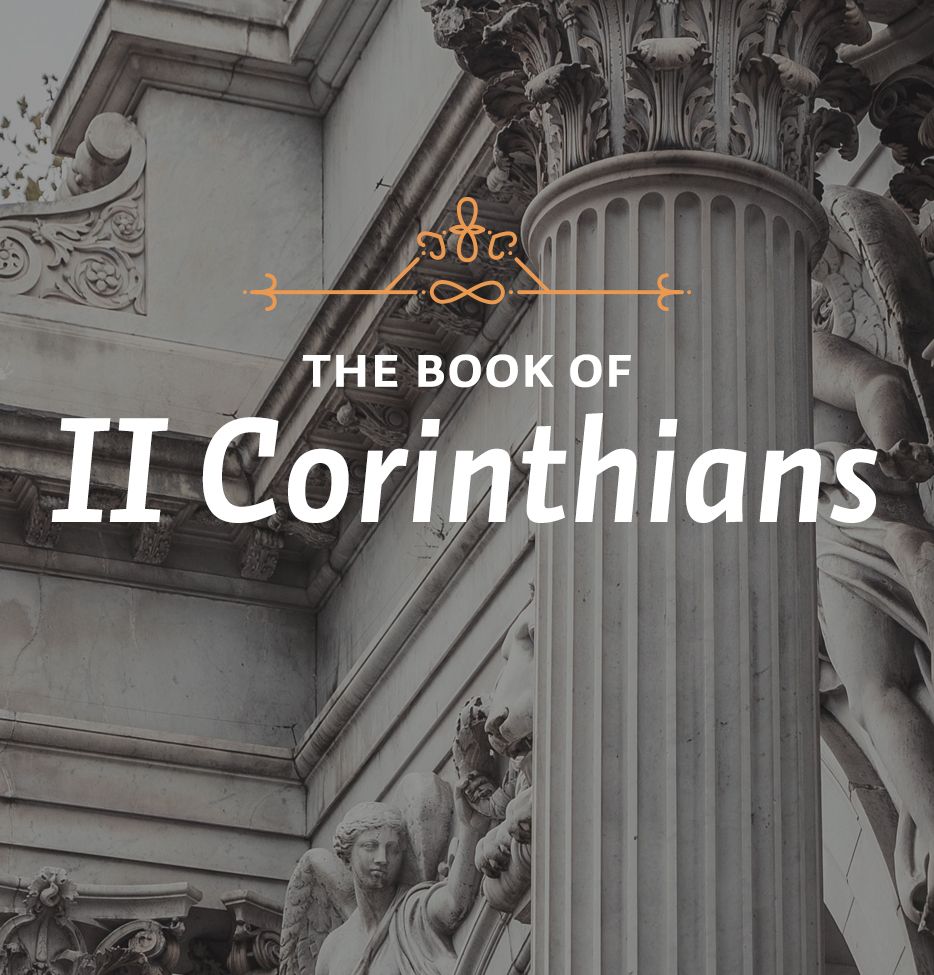Knocked Down but Not Knocked Out2 Corinthians 4:1-18Theme: Treasures in jars of clay.This week’s lessons teach us the importance of having an eternal outlook on life.
LessonIn defending his ministry, Paul said there are three things he did not do. First he stated that he had renounced “secret and shameful ways.” When Paul used the word “shameful,” he generally used it to refer to sexual sin. In his usage here, he is probably thinking of the way the missionaries of the various mystery religions in his day went about their business.
The very term, “mystery religions,” embodies that idea of secret. There were a variety of these mystery religions, what we call cults today. Those mystery religions contained a kind of secret knowledge that only the initiates supposedly had. Outsiders might be invited to attend, but they remained on the outside. If those outsiders learned a certain amount, they were brought in a bit closer. Over time they were taught a little bit more. It was supposedly through this kind of secret knowledge that had been passed down from generation to generation that one eventually found the way of salvation.
Paul knew that in many of those religions there were despicable sexual practices that went on. Eventually these religions became nothing but excuses for all kinds of illicit sexual activity. I think what Paul is saying here is that, as he went about with the Christian Gospel, he was well aware that there were other people going about with the gospels of these mystery religions. Because of the nature of these religions, they were gathering up adherents.
Secondly, Paul stated that they did not rely on deception. Deception is falsification; it is pretending to do one thing while actually doing something else. This also takes place in the so-called “advertisement of religion.” Often, even in Christian communities, something will be put forward to attract people, things that really have little to do with the Gospel. Those involved rationalize that they have to do something to get people in, and after the people are brought in, then they can work with them. That is a tragedy because it is deception. Imagine Christians who are supposed to know the truth, to worship the God of truth, and to be filled with the Spirit of truth operating in any way other than an utterly upright, forthright, truthful manner. Yet unfortunately, those things go on.
There are evangelicals who do that in their theology. They pare off the hard edges of Christianity. They take out the difficult sayings of Jesus Christ, because, they say, “If you start with that, you turn people off. You have to sugar-coat the message first and then bring them along.” The tragedy, of course, is that many vital aspects of the Gospel never do get mentioned.
Jesus Christ did not do that. Jesus always painted the difficulty from the very beginning. He explained that anyone who would follow him must give up everything else or at least be willing to until death. Jesus did not falsify his message, and neither did the Apostle Paul.
The third claim Paul made was that they did not distort the Word of God. Distortion has to do with imbalance. It is possible to speak about things that are true and yet do it in a false way. When people present a selective portion of the Gospel, they leave out part of the truth that is necessary for a well-rounded presentation of the faith.
That is not so much the case today, although in some places it is; but a generation or so ago people did this with prophecy. They tried to correlate prophecy with current events. When the Russians did something, they would say, “Ah, yes. That is right there in Revelation.” And when something happened in the Middle East having to do with oil, they would say, “Well, that’s right there in the Book of Ezekiel,” and so on.
I am not against prophecy. But at that particular period of history, there was, I believe, a certain imbalance, and things that were necessary for the health of the church were left out.
That is why Paul wrote what he did in 2 Corinthians 4. That is what it is about. It is as simple as that. It is about setting forth the truth plainly. We try to do it as winsomely as possible. And we try to illustrate it when the particular theological subjects are difficult to comprehend. But, the goal in all of it is to make it plain.
Study Questions
What three facts did Paul draw from to defend his ministry?
In what way does the advertisement of religion have a negative impact?
Why were ancient mystery religions able to gather followers?
Further StudyDo your own study of cults and mystery religions. Use reference books such as a Bible dictionary, or try the Internet. Explore the ancient mystery religions of Dionysus, Cybele, and Mithra.






